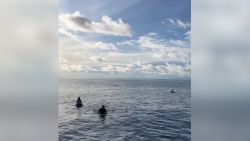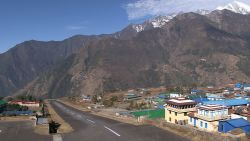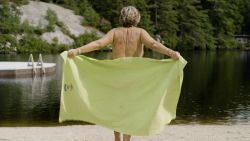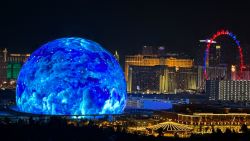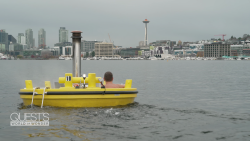The Pacific nation of Palau is banning a large number of sunscreens due to fears they are harmful to coral reefs, joining a growing list of places which limit their use.
“Plastic waste, chemical pollution, resource over-consumption and climate change all continue to threaten the health of our pristine paradise,” Palau President Tommy Remengesau said in a statement on the signing into law of the Responsible Tourism Education Act of 2018.
“The steps taken in this legislation will help ensure both visitors and locals alike are more aware of the role they play in conservation.”
Under the new law, “reef-toxic sunscreens” will be prohibited from sale or import into the country after January 1, 2020. Tourists who bring banned sunscreens to Palau after that date could have them confiscated, while retailers selling the products will face a fine of up to $1,000.
Tour operators will be required to offer customers “with a reusable alternative” to plastic or polystyrene bottles, cups, straws and containers, though the act stopped short of a full ban on the items.
Sunscreen dangers
In a statement, Palau’s tourism ministry said it was the first country in the world to introduce such a ban on a national scale, and listed the newly prohibited compounds “known or strongly suspected to cause endocrine disruption and other damage to marine wildlife such as corals, fish and invertebrates, but also humans.”
These include oxybenzone, octinoxate, octocrylene, triclosan and several parabens. Both oxybenzone or octinoxate have also been banned in Hawaii under a law that kicks in on January 1, 2021, and many of the chemicals have been prohibited in eco-reserves in parts of Mexico for a decade in order to protect coral.
While the risks to humans posed by these ingredients have yet to be conclusively proven, there is growing evidence that they can cause bleaching, deformities, DNA damage and ultimately death in coral when sunscreen washes off beachgoers or is discharged into wastewater treatment plants and deposited into bodies of water.
This is of particular concern for countries and areas where coral reefs are widespread and major tourist attractions, but many experts recommend consumers avoid non “reef-safe” sunscreens regardless of where they swim, due to fears the chemicals could harm other parts of the ocean environment.
According to the Oceanic Society, “between 6,000 and 14,000 tons of sunscreen – the equivalent of 25 to 60 million bottles – wash off of snorkelers and swimmers into coral reef environments each year.”
The society advises snorkelers and divers in particular to reduce their need for sunscreen by instead wearing more protective clothing in the water, and to always use “reef-safe” products.
While calls for banning types of sunscreen are growing, the country which safeguards the Great Barrier Reef doesn’t seem poised to do so anytime soon. Queensland, the Australian state next to the Reef, advises visitors to wear non-polluting sunscreen, but does not require it.
Speaking to Australian publication The New Daily earlier this year, Nial Wheate, a pharmaceutical chemist and associate professor at the University of Sydney, cited greater concerns about skin cancer in Australia as a reason to shy away from a ban.
“I wouldn’t support a ban in Australia because I think it would cause more health problems and it would be unlikely to really help our reef,” he said.
“Carbon dioxide emissions and higher temperatures are what’s killing the reef. The effects of sunscreen would be minor in comparison. I think it’s more important that people protect themselves from the sun.”
CNN’s Maritza Moulite contributed reporting.


